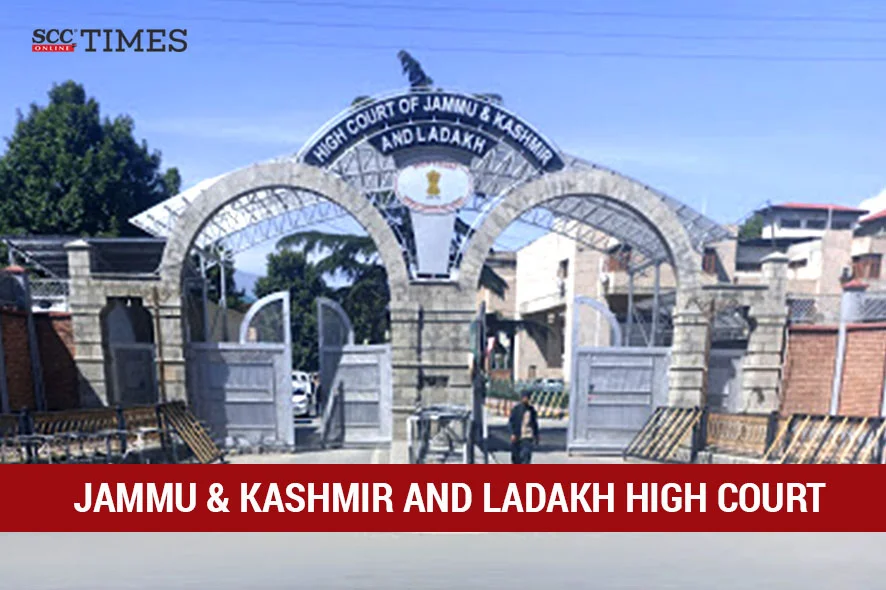Jammu & Kashmir and Ladakh High Court: While considering the instant revision petition filed by the mother of the deceased wherein, she challenged the impugned order discharging the respondent who was accused of offences under Section 306, Penal Code, 1860 (IPC), the Bench of Sanjeev Kumar, J.*, upheld the Trial Court’s decision pointing out that even though the respondent who was allegedly attending the phone calls from unknown numbers during mid-night hours and continued to do so despite the objections raised by her deceased husband; however, such act or omission of the respondent certainly would not fall within the ambit of abetment as defined in Section 107 of IPC, even if the same may have been a cause or reason for the deceased husband to take his own life.
The marriage between the respondent and the deceased who was an employee of ITBP was solemnized on 08-03-2019 as per Hindu rites and customs. The relations of the two remained cordial for some time, but later, both started quarrelling with each other mostly on the issue of respondent attending calls from unknown numbers during late mid-night hours. The deceased husband would always stop the respondent from attending those calls, but she would not listen to him. It was alleged that the respondent even threatened the deceased to get him booked in a false case. It was alleged to be the eventual reason for the deceased to commit suicide.
The petitioner contended that the Trial Court had failed to appreciate the evidence and drew its conclusions merely on conjectures and surmises. It was argued that the Trial Court should restrict itself to the evidence collected by the prosecution and find out as to whether there is a prima facie case for putting the accused on trial.
Rebutting the petitioner’s contentions, the respondent argued that the Trial Court appreciated the evidence on record and rightly concluded that even though suicide by the deceased was a result of the conduct of the respondent, yet there was nothing on record to show that such suicide was either instigated or aided by any act or illegal omission on part of the respondent.
Perusing the facts and contentions raised by the parties, the Court noted that the trial court had discussed the evidence collected by the prosecution and referred to the provisions of Section 306, IPC, thereby rightly concluding that for commission of offence under Section 306 IPC, there must be abetment by the accused to the commission of suicide and as defined in Section 107, IPC.
The Court further pointed out that the Trial Court was right in concluding that the respondent’s act or omission did not cover the requisites set out by Section 107, IPC. Furthermore, it was noted that the evidence collected by the prosecution taken to be correct on its face value, would not indicate that the respondent ever instigated the deceased to commit the suicide or intentionally aided the commission of the offence by any other act or illegal omission.
Thus, the Court deemed it fit not to interfere with the decision of the Trial Court opining that this was a clear case where on the basis of evidence collected by the Investigating Officer, respondent may be held responsible for the deceased’s suicide, yet it cannot be, by any stretch of reasoning, said that the suicide committed by the deceased was abetted by the respondent.
[Kunti Devi v. Neelam Devi, 2024 SCC OnLine J&K 298, decided on 18-04-2024]
*Order by Justice Sanjeev Kumar
Advocates who appeared in this case:
For petitioners- none
For respondents- Dewakar Sharma, Dy. AG for R-1; Jagpaul Singh, Advocate for R-2.




